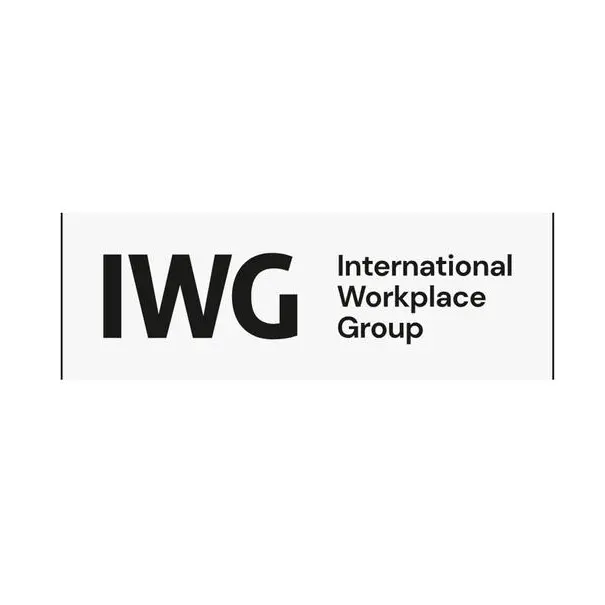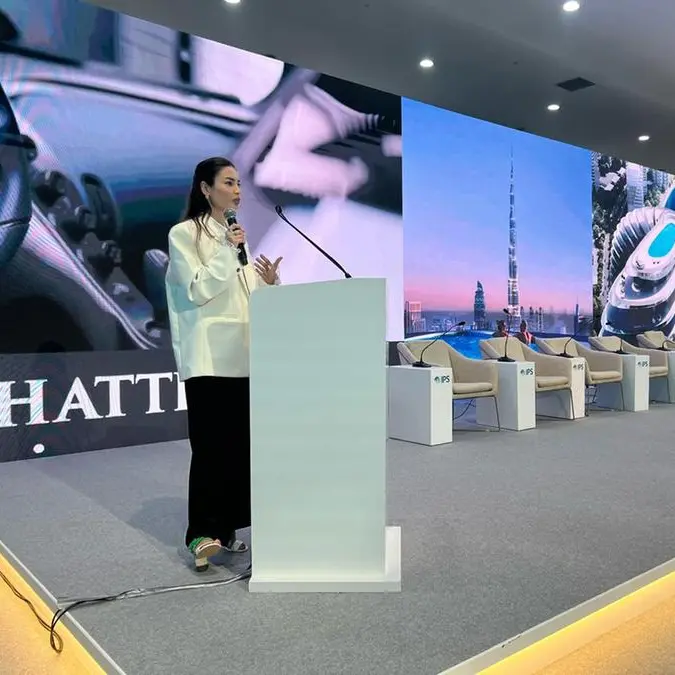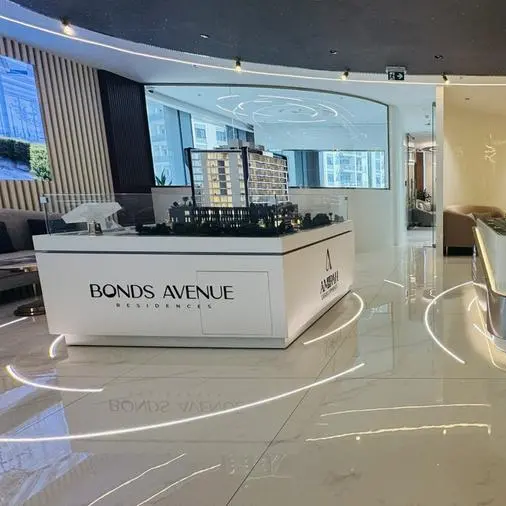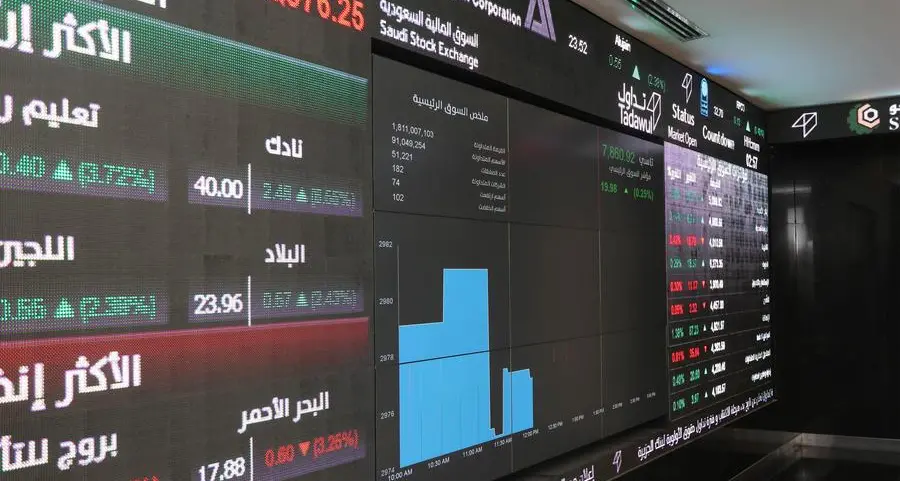PHOTO
Dubai – Activity levels across the UAE’s real estate sectors have continued to record strong performance in Q3 despite a backdrop marked by rising global headwinds.
Looking at the UAE’s office sector figures, as demand has increased market-wide, we have seen performance in Abu Dhabi’s office rents also improve, with average Prime, Grade A and Grade B rents recording growth rates of 1.4%, 2.9% and 5.5% respectively in the year to Q3 2022. In Dubai, the total number of commercial Ejari contracts (lease contracts) registered in Q3 2022 increased by 47.6% year-on-year. As a result, average rents in all segments of Dubai’s office market have recorded rental growth, with Prime, Grade A, Grade B and Grade C rents increasing by 16.5%, 10.5%, 9.9% and 10.2% respectively. Given the lack of availability of stock and heightened demand levels, we expect rental growth to remain relatively strong over the remainder of the year, with the Prime and Grade A segments of the market expected to outperform.
In the residential sector, average property prices in Abu Dhabi increased by 3.2% in the year to September 2022, with average apartment prices rising by 3.3% and average villa prices increasing by 2.7%. Rents in the capital’s residential market decreased by 0.5% on average in the year to September 2022, with apartment rents increasing by 0.3% and villa rents by 1.2%. In Q3 2022, Abu Dhabi’s transactions data registered an increase of 37.5%, compared to the prior year. In the year to date to September 2022, 3,164 new units have been completed and delivered in Abu Dhabi, a further 5,516 additional units are projected to be delivered over the course of the year.
In Dubai, average property prices increased by 8.9% in the year to September 2022, where average apartment prices rose by 8.0% and average villa prices rose by 14.3%. Over the same period, average rental rates recorded their highest growth rate on record, with average rents in Dubai increasing by 26.6%, with average apartment and villa rents increasing by 26.7% and 25.5% respectively. To date in 2022, 20,847 new units have been completed and delivered in Dubai. A further 33,756 under-construction units are expected to be completed by the end of this year, however, we expect that some of these completions are likely to be pushed into 2023. The total volume of transactions in Dubai’s residential market reached 8,020 in September 2022, up 47% from a year earlier. In the year to date to September 2022, total transaction volumes hit the highest level since 2009, reaching a total of 63,143 transactions, which represents an increase by 56.2%. Looking ahead, we expect the rate price growth to continue to moderate on average. However, we expect that price performance in prime communities will continue to outpace the wider market.
Looking at the hospitality sector, the UAE’s Key Performance Indicators (KPIs) continue to showcase resilient performance levels, despite total visitation still remaining below 2019 levels and an increased key count. Year-on-year in the year to date to September 2022, the average occupancy rate increased by 7.9 percentage points. Over the same period, the ADR increased by 34.6%, and as a result we have seen the average RevPAR increase by 52.0%. Average RevPARs across the UAE, in the year-to-date to September 2022, now sit 15.7% above 2019 levels, over the same period. Over the remaining three months of the year, we expect visitation to the UAE to see a marked increase. This will be underpinned by what is traditionally the start of the high-season and events such as The FIFA World Cup in Qatar and Abu Dhabi F1 Grand Prix, where this combination is likely to push occupancy and rates to record levels.
The UAE’s retail sector continued to see visitation levels trend up over the course of Q3 2022. As at Q3 2022, retail visitation in Abu Dhabi and Dubai stood 18.6% and 20.4% above their respective pre-pandemic baselines. In Dubai, 6,031 new retail Ejari contracts were registered in Q3 2022, down 3.1% year-on-year, and 9,635 contracts were renewed, up 10.5% from a year earlier. In Dubai. demand from occupiers still is largely originating from the food and beverage and entertainment sectors, with licensed units still attracting the majority of this demand. We have also seen an uptick in demand beach clubs and family entertainment centre occupiers in Q3 2022. In Abu Dhabi, retail activity has remained subdued during the third quarter, even as COVID-19 related restrictions were eased in the capital. Where there is new demand, we are seeing this concentrated towards either new or repositioned destinations which are offering experience-focused retail destinations. Given these backdrops, Rental performance continues to diverge between Abu Dhabi and Dubai. In the year to Q3 2022, rental rates in Abu Dhabi remained stable, whereas in Dubai, average rental rates have increased by 32.5%.
The UAE’s industrial and logistics sector continues to see a significant level of activity, despite a lack of quality stock hampering the market. As a result, occupiers are increasingly having to concede to requirements and timetables set out by landlords, and incentives offered are very limited. With stock levels depleted, we are starting to see some landlords, principally Free Zone landlords, beginning to develop new industrial and warehousing stock. Examples of upcoming and recent completions include developments in Dubai CommerCity, JAFZA Logistics Park and Dubai South. Total Ejari registrations in the sector increased by 9.4% in the year to Q3 2022. On the back of this market backdrop, in the year to Q3 2022, average rents in Abu Dhabi and Dubai increased by 2.6% and 11.2% respectively. Looking ahead, we expect the rate of rental growth to continue to increase, particularly with available stock continuing to lag significantly behind demand, we expect this to be the case in both Abu Dhabi and Dubai.
Taimur Khan, Head of Research – MENA at CBRE in Dubai, comments: “Despite mounting global headwinds, the UAE’s real estate market is almost uniformly going from strength to strength and we have continued to see strong performance and activity levels over the course of the third quarter of 2022. There is little doubt that we will see weakening global macroeconomic conditions impact economic activity in the UAE. However, the UAE’s fiscal position, easing of business and residency regulations over the course of the year and safe-haven status are expected to dampen the scale of the impact. As a result, we expect that given the fundamentals underpinning the market, UAE real estate activity and performance will remain fairly resilient going forward.”
-Ends-
About CBRE Group, Inc.
CBRE Group, Inc. (NYSE:CBRE), a Fortune 500 and S&P 500 company headquartered in Dallas, is the world’s largest commercial real estate services and investment firm (based on 2021 revenue). The company has more than 105,000 employees (excluding Turner & Townsend employees) serving clients in more than 100 countries. CBRE serves a diverse range of clients with an integrated suite of services, including facilities, transaction and project management; property management; investment management; appraisal and valuation; property leasing; strategic consulting; property sales; mortgage services and development services. Please visit our website at www.cbre.com.
Mehdi Aliouat
Head of Marketing & Communications - MENA
CBRE | Middle East Region
Level Five | Building Six | EMAAR Square
PO Box 506961 | DUBAI, UNITED ARAB EMIRATES
mehdi.aliouat@cbre.com | LinkedIn
Follow CBRE: CBRE.ae | CBRE.sa | LinkedIn | Twitter | Instagram | Facebook




















